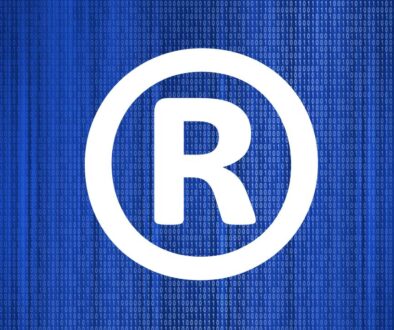Congress Gets Serious About Defending Trade Secrets
The Defend Trade Secrets Act (DTSA) has been slowly wending its way through Congress, and it is looking as though it has a good chance of becoming a law at this point. It has bipartisan support and has now passed the Senate 87-0. It is now being considered by the House of Representatives.
Currently, there are two levels of laws governing trade secrets, and they have very different benefits for trade secret owners. The federal law is a criminal law that focuses on preventing international espionage. At the state level, the Uniform Trade Secrets Act (PDF), which has been adopted by most of the states, is a civil law. It focuses on providing monetary and injunctive remedies for trade secret owners who have experienced or may soon experience trade secret theft, regardless of the source. Some states also provide for criminal penalties. The end result is that most companies that are not operating in either agriculture or high technology (two areas particularly susceptible to international espionage) rely on a patchwork of state laws to help them protect their trade secrets.
What does the DTSA do, exactly? It creates, for the first time, a private cause of action for misappropriation of trade secrets at the federal level. This means that trade secret owners will be able to sue for trade secret violations in federal court rather than in state court, which will in turn create a more uniform treatment of trade secrets nationwide.
This bill will benefit most, but not all, trade secret owners by opening up a federal forum for litigation. This is because the federal law applies only to trade secrets that are currently used, or intended to be used, in interstate or foreign commerce. (Congress has the authority to regulate interstate, but not intrastate, commerce under the Constitution.) If your business is small enough that it operates only within one state, and you cannot make a showing that you have some effect on interstate commerce, you are stuck with whatever body of law your state has in place about trade secrets. The states generally have broadly diverging case law despite the near-uniformity of the statutes. And if you are in one of the states that hasn’t adopted the Uniform Trade Secrets Act, you might not like the outcome; older laws tended to be very skeptical of trade secrets as a form of intellectual property. All that said, at least you know what you have to do to protect your trade secret because the laws of only one state apply; the federal bill, if it becomes law, offers that kind of reassurance to businesses that operate in more than one state.
If the bill becomes law, it will create a more stable atmosphere in which to do business, as it will be clearer what constitutes a “reasonable” level of protection for a particular type of business or type of trade secret. If your business relies heavily on trade secrets and you like the idea of uniformity, this is a good time to contact your House of Representatives delegation and let them know that you support the Defend Trade Secrets Act.
What do you think? Would you rather be able to sue in federal court for trade secret violations, or are you happy with the current “50 ways of doing things” setup?

